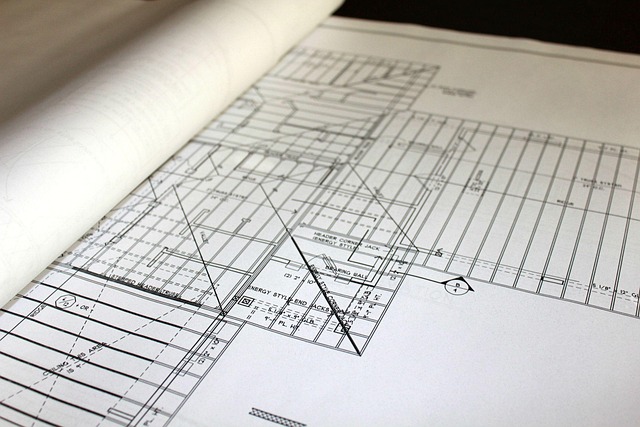Understanding, mapping, and maintaining commercial plumbing systems is crucial for businesses to ensure smooth operations and avoid costly repairs. Regular inspections by experienced Commercial Plumbing Contractors prevent leaks, corrosion, blockages, and improve water efficiency. Proactive maintenance extends system lifespan, enhances sustainability, and reduces utility bills. Choosing the right contractor with 24/7 services, expertise, positive reviews, and compliance with regulations guarantees efficient plumbing management and minimal business disruptions.
Maintaining a robust plumbing system is paramount for business success. From seamless water flow to waste management, commercial plumbing ensures operations run smoothly. This article guides you through mastering this critical infrastructure. We’ll explore essential components and layouts of your system, outlining regular maintenance tasks to prevent costly disruptions. Discover the impact of professional commercial plumbing contractors on long-term savings and learn strategies to identify and mitigate common issues. Additionally, we’ll delve into water efficiency practices and emergency preparedness, empowering you to choose the best contractor for your needs.
Understanding Your Commercial Plumbing System: Components and Layout
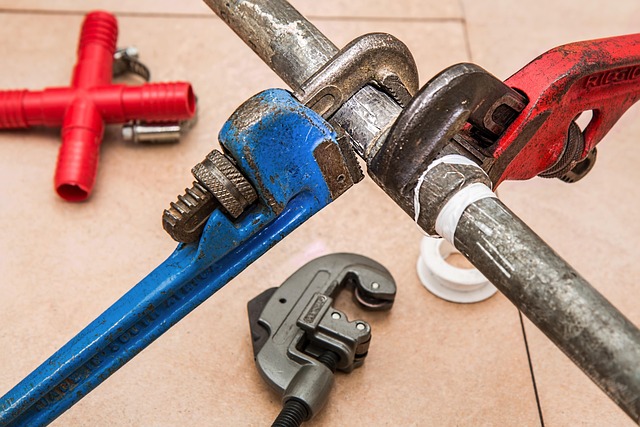
Understanding your commercial plumbing system is a crucial first step for effective maintenance, especially when working with experienced commercial plumbing contractors. These systems are complex networks designed to cater to the water and waste management needs of businesses, ranging from small offices to large industrial facilities. The layout typically includes a series of interconnected pipes, valves, fixtures, and appliances.
Commercial plumbing systems often feature advanced components such as high-pressure pumps for efficient water distribution, sophisticated drainage systems to handle varying waste volumes, and specialized equipment tailored to specific business requirements (e.g., dishwashers, ice machines). Mapping out this layout allows contractors to pinpoint potential issues, optimize water usage, and ensure the system operates at peak efficiency.
Regular Maintenance Tasks for Efficient Business Operations

Regular maintenance is key to keeping a business’s plumbing system running smoothly, minimizing disruptions, and preventing costly repairs. Commercial plumbing contractors recommend scheduling routine inspections and servicing at least twice a year. During these visits, contractors should check for leaks, corrosion, and blockages in pipes and drains. They should also inspect fixtures like toilets, sinks, and urinals for proper functioning and water efficiency. Addressing these issues early can save businesses from facing larger problems that could halt operations.
Additionally, maintaining backflow prevention devices is crucial to safeguarding against contaminated water. Commercial plumbing contractors should test and repair or replace these devices as needed to ensure the safety of the business’s water supply. Regular maintenance also involves cleaning and flushing water heaters to prevent sediment buildup, which can lower heating efficiency and water quality. Timely maintenance not only extends the lifespan of plumbing systems but also ensures peak performance, fostering efficient business operations and a positive work environment.
The Impact of Professional Plumbing Contractors on Long-Term Savings
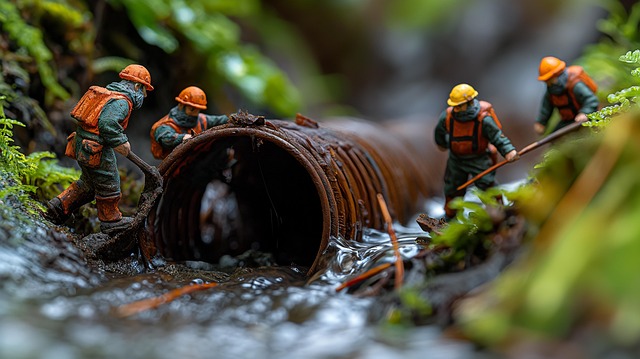
Investing in professional commercial plumbing contractors is a strategic move that can lead to significant long-term savings for businesses. These experts are equipped with the knowledge and tools to identify potential issues before they become costly emergencies. Regular maintenance checks performed by seasoned plumbers can prevent leaks, clogs, and other problems, which often require immediate attention and costly repairs. By outsourcing plumbing services, businesses can avoid unexpected downtime that may disrupt operations and impact productivity.
Moreover, professional contractors ensure that commercial plumbing systems adhere to safety standards and regulations, minimizing the risk of accidents or legal issues. Their expertise allows them to implement efficient water management strategies, reducing water wastage and lowering utility bills. This proactive approach to maintenance not only saves money but also contributes to a business’s overall sustainability goals, making it a wise decision for any company aiming to optimize its operations and reduce long-term expenses.
Identifying Common Commercial Plumbing Issues and Preventative Measures

Many commercial plumbing issues stem from everyday use and worn-out systems, but proactive measures can significantly reduce downtime for businesses. Common problems include clogged drains due to grease buildup, mineral deposits, or foreign objects; burst pipes caused by extreme temperatures or poor insulation; and faulty water heaters leading to inefficient heating and potential leaks. Commercial plumbing contractors recommend regular maintenance like cleaning drain lines, inspecting pipe insulation, and replacing worn-out components to prevent these issues.
Additionally, staying vigilant about water pressure regulation, checking for water leaks promptly, and ensuring proper ventilation can help avoid significant damage. Regular inspections by experts can identify potential problems early on, allowing for swift repairs before they escalate into costly emergency situations. Preventative measures not only save businesses money but also ensure uninterrupted operations, enhancing customer satisfaction and business continuity.
Water Efficiency: A Crucial Aspect of Sustainable Business Practices
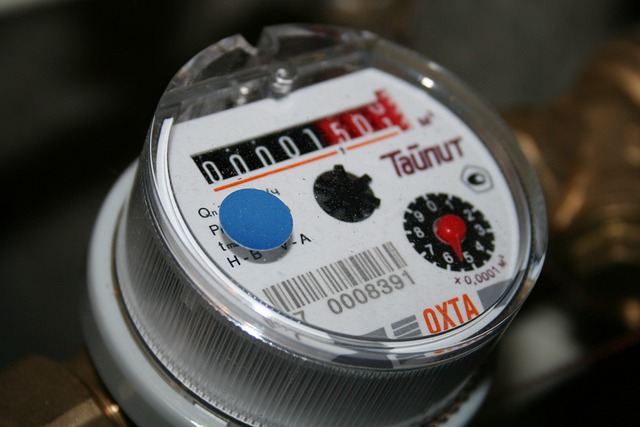
In today’s eco-conscious business environment, water efficiency is a crucial aspect of sustainable practices that cannot be overlooked. Commercial plumbing contractors play a vital role in helping businesses achieve this goal by implementing efficient water systems and fixtures. By adopting water-saving technologies, such as low-flow toilets, aerated faucets, and smart irrigation systems, businesses can significantly reduce their water consumption without compromising operations or comfort for employees and customers.
Regular maintenance with commercial plumbing contractors further ensures that these water-efficient features remain effective over time. Skilled plumbers can identify leaks, fix broken pipes, and optimize water pressure, all of which contribute to minimizing water waste. Moreover, staying up-to-date with the latest sustainable plumbing practices allows businesses to stay ahead of regulations and reduce their environmental footprint, ultimately leading to long-term cost savings and enhanced corporate responsibility.
Navigating Emergency Plumbing Situations: Preparedness and Response
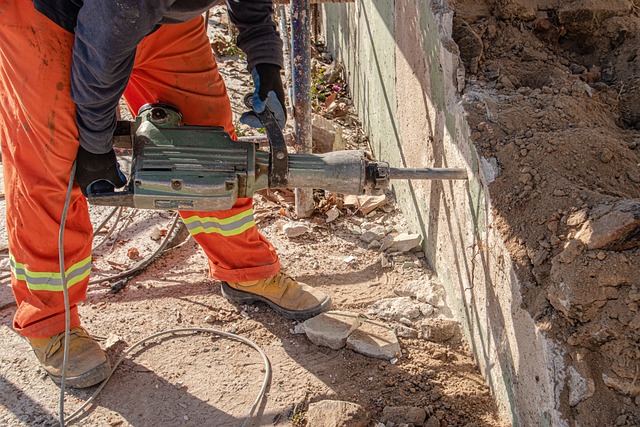
When it comes to commercial plumbing systems, navigating emergency situations requires a proactive approach. Businesses should partner with reliable commercial plumbing contractors who offer 24/7 emergency response services. This ensures that any sudden plumbing issues, such as burst pipes or severe clogs, can be promptly addressed before they cause significant damage or disruptions to daily operations.
Effective preparedness involves regular maintenance checks, having backup plans in place, and ensuring employees are trained to recognize potential problems. Quick response times, coupled with skilled technicians, can minimize water waste, reduce structural damage, and restore normal business operations faster. Commercial plumbing contractors should also provide post-emergency assessments to prevent future occurrences and ensure the longevity of your plumbing system.
Choosing the Right Commercial Plumbing Contractor: Key Considerations
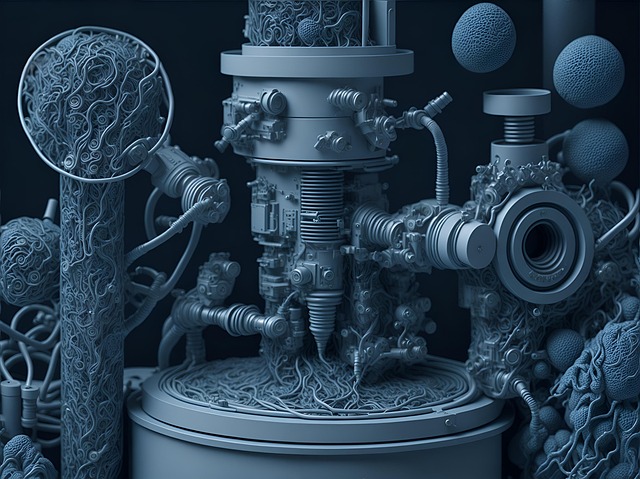
Choosing the right commercial plumbing contractor is a crucial decision for any business owner. When evaluating potential candidates, it’s essential to consider their expertise, reputation, and reliability. Look for contractors with extensive experience in handling complex commercial plumbing systems, as this ensures they possess the necessary skills and knowledge to address your unique needs effectively. Online reviews and testimonials from previous clients can provide valuable insights into a contractor’s performance and customer service.
Additionally, ensure the contractor has proper licensing, insurance, and adherence to local building codes and regulations. This safeguard protects both your business and the contractor, avoiding potential legal issues or financial losses. Effective communication is also key; select a contractor who is responsive, transparent, and willing to explain the scope of work, pricing, and timelines clearly. Regular maintenance and prompt issue resolution are critical for minimizing disruptions to your business operations, so choosing a reputable commercial plumbing contractor can significantly contribute to the longevity and efficiency of your plumbing system.
